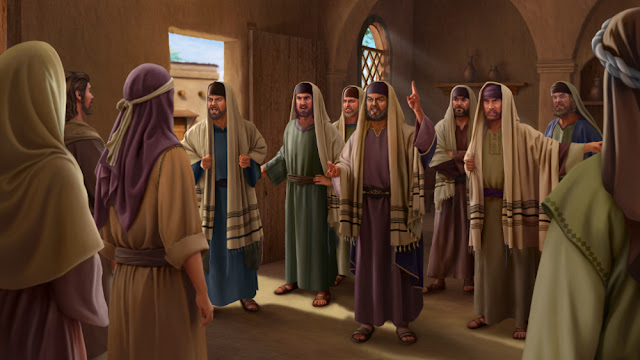VI. The Difference Between the Work of God and Man
1. The work of God incarnate begins a new era, and those who continue His work are the men who are used by Him. The work done by man is all within the ministry of God in the flesh, and is incapable of going beyond this scope. If God incarnate does not come to do His work, man is not able to bring the old age to an end, and is not able to usher in a new era. The work done by man is merely within the range of his duty that is humanly possible, and does not represent the work of God. Only the incarnate God can come and complete the work that He should do, and apart from Him, no one can do this work on His behalf. Of course, what I speak of is in regard with the work of incarnation.
from “Corrupt Mankind Is More in Need of the Salvation of God Become Flesh” in The Word Appears in the Flesh






